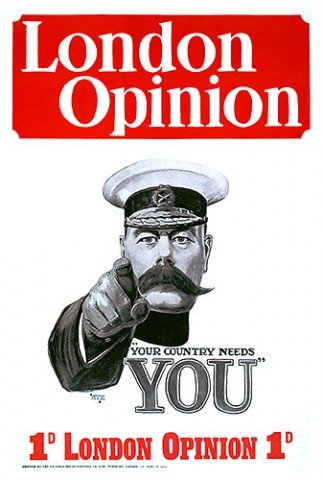Britishness, Englishness too
…hat this would obscure what is supposed to be remembered on that day – the human costs of war – to me, it seems like a pretty negative choice for a day to celebrate what it means to be British (or whatever they would be supposed to do on such a day). Admittedly, in Australia we come close to something similar with Anzac Day, which is a day of national pride as well as mourning and remembrance. But although Anzac day carries more emotional weight,…

